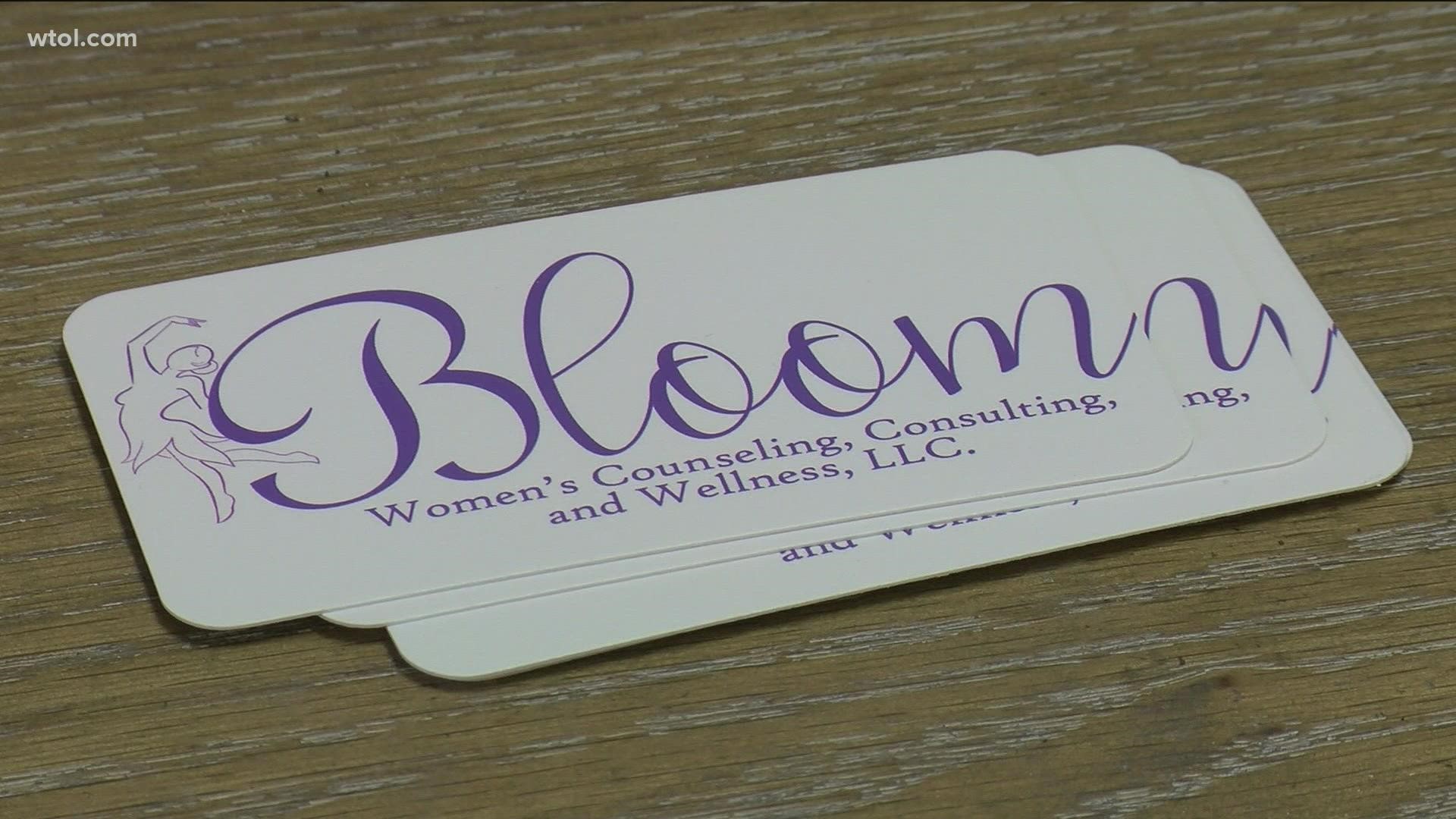MAUMEE, Ohio — Women are oftentimes less likely than men to get treatment for mental health.
"Internalized or self-stigma" is to blame, according to studies by the Women's Health Research Institute.
"I think women are expected on some level to just know what to do," clinical therapist Erin Anderson said.
She explained that as women, we also think we'll know what to do so it's challenging when something doesn't go as planned.
But it's also normal.
The owner of Bloom Women's Counseling, Ashley Bush, said a lot of her clients who are mothers have struggled during the pandemic.
She said over the past two years, society as a whole has focused on the health and wellness of children.
"But it's impossible to have a conversation about, 'how can we have healthy children and healthy families?' without also talking about, 'how do we have healthy mothers?' That means both physically and mentally," Bush said.
About 12 million women in the U.S. experience depression each year.
It's also at roughly twice the rate of men.
The therapists at Bloom say that's because women are the backbone to a lot of families and oftentimes feel like they're alone.
"Many of the women are isolated and they don't have that person to talk to, to validate their feelings in how they're doing," therapist Jayne Klinger said.
Bush said that's when friends and family need to lend a helping hand.
"Asking questions like: 'what do you need, how can I help you?'" Bush said. "Offering to bring a meal by if she's feeling overwhelmed, offering to hold the baby so she can go and take a shower, offering to watch the kids so she can run to the grocery store by herself."
She explained it's crucial women, specifically mothers, know they're supported.
"It's impossible to overstate the importance of mental health during this time," Bush said. "I know it can be hard to ask for help, but it can really change your life."

